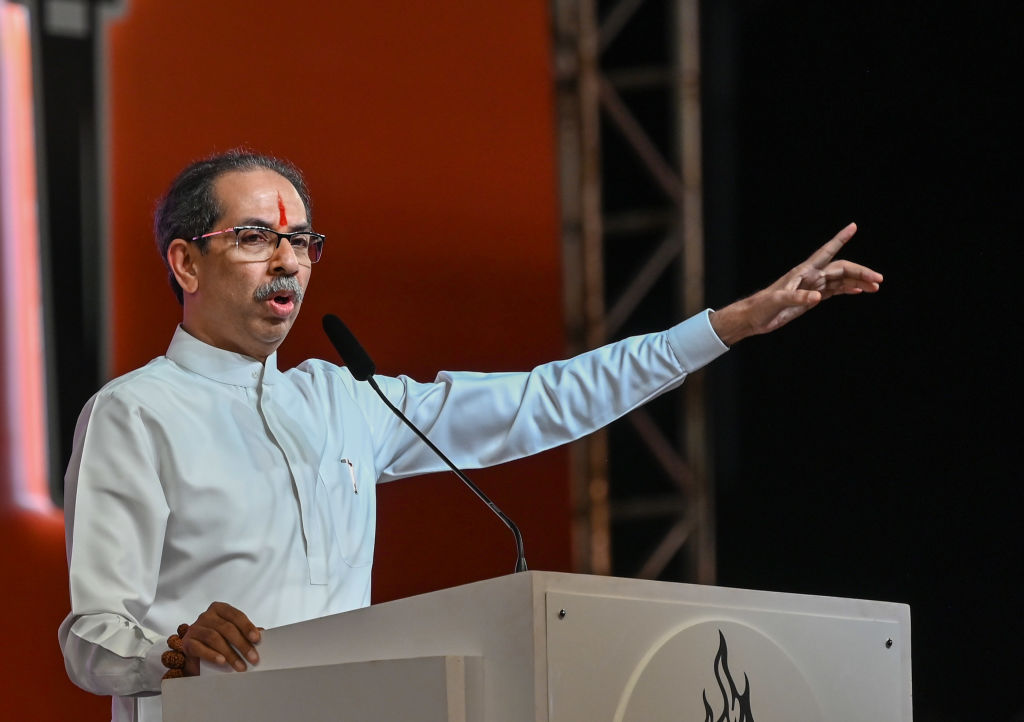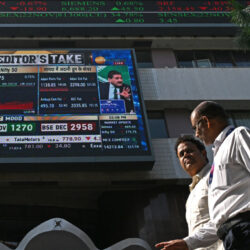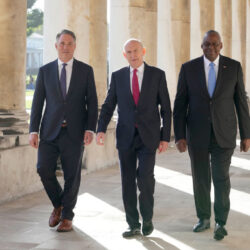
The rise of Hindutva in India, rooted in the early 20th century ideas of V. D. Savarkar, reflects the growing assertion of a Hindu-centric cultural and political identity. Initially propagated by a far-right paramilitary group, Rashtriya Swayamsevak Sangh (RSS), and later embraced by the Bharatiya Janata Party (BJP), Hindutva has gained momentum since the 1980s with events like the destruction of a famous mosque in Uttar Pradesh, brought about by the Ayodhya temple movement. Factors such as economic liberalization, caste-based politics, and communal tensions amplified its appeal, resonating with a section of India’s majority population.
Hindutva’s rise under the BJP leadership of Prime Minister Narendra Modi has transformed India’s sociopolitical fabric, leading to significant shifts in national discourse, minority relations, and India’s global identity. Regionally, tensions with Pakistan and other South Asian neighbors over religious and territorial issues have heightened, influencing stability. Additionally, the mobilization of the Indian diaspora under Hindutva ideals fosters cultural tensions abroad. These developments parallel global nationalist trends, challenging liberal democratic norms and reshaping India’s role within a multipolar world order.
The rise of radical right-wing populist parties in Europe reflects growing discontent with globalization (i.e., the 2008 financial crisis), economic inequality, and cultural changes. Parties such as France’s National Rally, Italy’s Lega, and Hungary’s Fidesz have capitalized on fears of immigration (i.e., the refugee influx of 2015), concerns about national sovereignty, and euroskepticism. These parties leverage nationalist rhetoric, anti-elitism, and calls to protect “traditional values” to resonate with disillusioned voters. Their rise highlights broader trends of political polarization, reshaping Europe’s political landscape (while weakening the EU’s unity) and challenging liberal democratic norms, multilateral cooperation, and stability across the continent. Their rhetoric and policies undermine global governance structures and create friction in alliances with liberal democracies, especially in trade and security matters. It also complicates collective responses to global challenges like climate change.
The right-wing populist movements in India and Europe have evolved, using social media and modern strategies to expand their appeal and consolidate power. Both have profoundly impacted marginalized groups. In India, Muslim and Christian minorities face increased exclusion and communal tensions. In Europe, immigrants, asylum seekers, and ethnic minorities are most affected due to stricter policies and rising xenophobia. The rise of these ideologies reflects broader shifts toward nationalism and populism worldwide.
Addressing the rise of right-wing populism in India and Europe as a challenge to the global order could involve the following neutral policy recommendations to the United States and its democratic partners:
- Strengthen Democratic Alliances to promote the shared values of pluralism and inclusivity. This entails reestablishing democratic principles domestically to align actions with rhetoric, especially considering that in the United States, democracy is undermined by issues such as gerrymandering, a campaign finance system that disproportionately benefits wealthy private interests, and insufficient transparency regulations in elections. Additionally, this collaboration should lead to the development and execution a counter-authoritarian strategy aimed at resisting infringements on and exploitation of the open systems within democratic nations.
- Promote Economic and Security Engagement in the form of strong incentives – economic (i.e., monetary aids and commercial investments), political, and security (i.e., increased security dialogues, arms sales, military training, and technology transfer) advantages – to encourage transitional democracies to stay committed to the process and to support the democratic progress in emerging and long-standing democracies.
- Encourage informal partnerships among democracies to address major global challenges, particularly to tackle issues such as combating corruption, advancing development, addressing humanitarian crises, and enhancing cybersecurity. These frameworks can showcase the ability of democracies to act efficiently and decisively in driving positive change and solving urgent global problems.
- Support Civil Society in the form of funding and technical support to promote human rights, media freedom, and minority protections. Historically, the most lasting and impactful democratic transformations have emerged from grassroots movements driven by the aspirations of ordinary people. Thus, it is necessary to uphold and protect the rights of people worldwide to mobilize peacefully in pursuit of greater civil and political freedoms while making sure that it is not for pursuing regime change or favoring specific political actors.
Uddhav Thackeray, the chief of Hindutva-based party Shiv Sena (UBT), addresses party workers during the Dussehra rally at Shivaji Park, Dadar, on Oct. 12, 2024 in Mumbai. Photo by Raju Shinde/Hindustan Times via Getty Images





